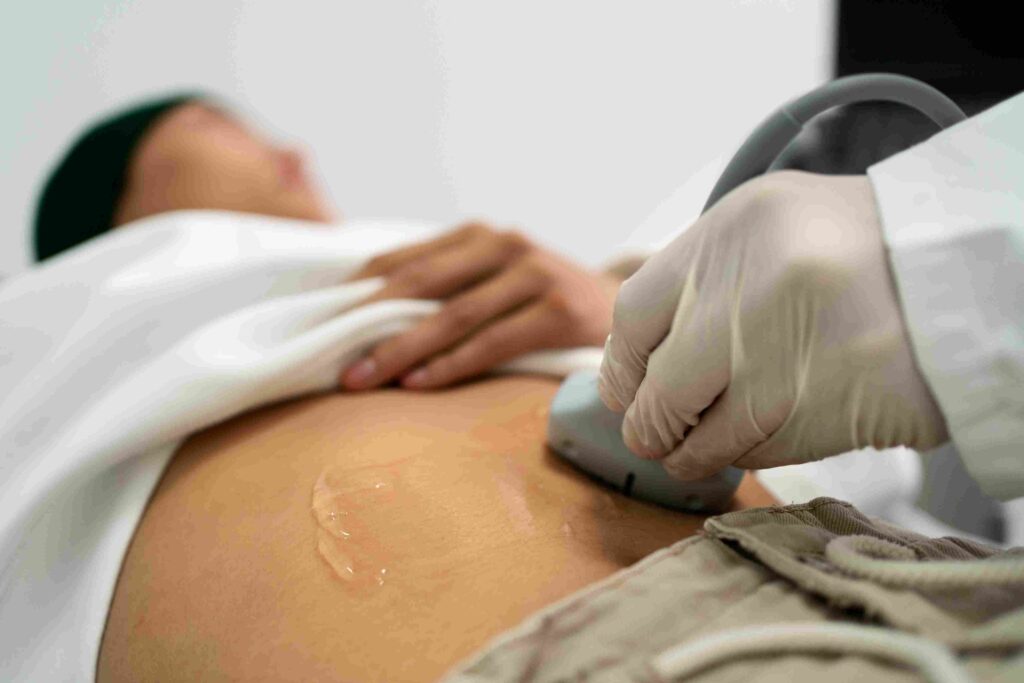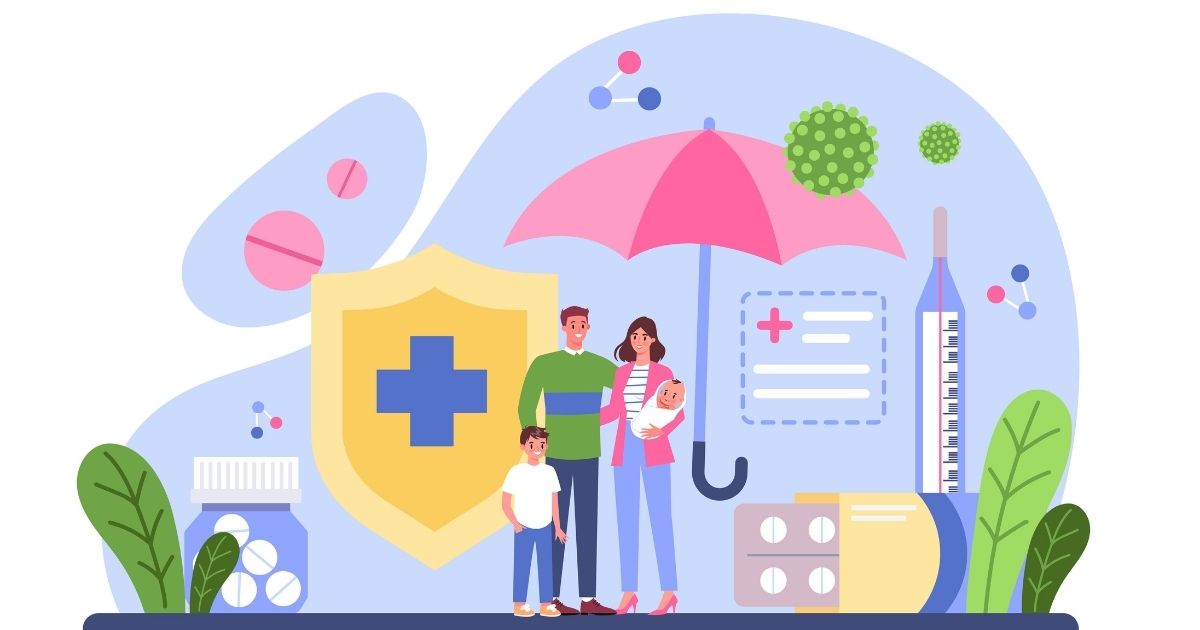Dr. Chandreshkumar Sudani

In the past decade of my clinical practice, I have encountered numerous patients brought to the hospital in life-threatening conditions. Among them were several young individuals who, despite having no prior medical history, required ICU admission due to major health issues such as heart attacks, strokes, kidney or liver dysfunction, and other serious conditions. During the assessment of their medical histories, no significant health issues were identified before hospitalization. Unfortunately, some of these young patients succumbed to their ailments. When questioned by the patients’ relatives about the preventability of these clinical conditions, doctors responded affirmatively, emphasizing that prior health check-ups might have detected abnormal parameters earlier.
The modern lifestyle, characterized by altered food habits and disrupted sleep patterns, underscores the importance of identifying minor health issues in their early stages to prevent major catastrophic events. While individuals invest significantly in health insurance to mitigate the financial impact of hospitalization, they often neglect preventive measures. Many diseases are preventable, and the progression of these conditions can be controlled or reduced with timely interventions. Therefore, preventive medicine warrants equal importance alongside therapeutic management. As the saying goes, it is better to build dams than to wait for the flood.
Preventive medicine involves promoting health measures to avert disease, a form of prophylaxis that reduces the risks of diseases, disabilities, and death. There are four levels of prevention:
- Primordial prevention: Preventing the occurrence or development of risk factors.
- Primary prevention: Preventing disease when a risk factor is present.
- Secondary prevention: Preventing the complications of an existing disease.
- Tertiary prevention: Preventing disability or death from an existing disease.
By the time individuals seek medical consultation, they often already have established diseases or risk factors. While doctors can provide medications for secondary or tertiary prevention, primordial and primary prevention are equally vital, emphasizing the proverb that prevention is better than cure.
Consider, for example, a young overweight individual presenting with persistent headaches and elevated blood pressure. Treating the high blood pressure with medications constitutes secondary prevention. However, had the same individual consulted a doctor a few years earlier when noticing weight gain, the doctor might have advised lifestyle modifications to control body weight, representing primary prevention. If attention had been given to healthy food, nutrition, and exercise before weight gain occurred, this health education would be considered primordial prevention.
Physicians can guide individuals in adopting preventive health measures, emphasizing that preventive measures extend beyond medications to include simple lifestyle modifications, exercises, nutrition, and health awareness. While abundant information on healthy living is available on the internet, individuals often struggle to discern when to consult a doctor in the absence of active health issues.


Even in the absence of symptoms, it is advisable for individuals to undergo routine health check-ups annually. Early detection of abnormal parameters is fundamental to preventive medicine. These check-ups should include blood investigations (complete blood picture, renal function test, liver function test, thyroid profile, random blood sugar, and lipid profile), ECG, 2D-ECHO, and abdominal ultrasonography. If all results fall within normal limits, primordial prevention—incorporating healthy food, nutrition, exercises, and discouraging alcohol, smoking, and drug use—is sufficient.
For individuals with deranged lipid profiles and elevated cholesterol levels, dietary and lifestyle modifications are recommended as cholesterol is a risk factor for sudden heart attacks. Similarly, individuals with higher blood sugar levels can implement lifestyle changes, exercise, and dietary modifications to maintain HbA1c below 5.7%, avoiding the need for medications.
Awareness about health-related issues can aid in identifying major health concerns early. By cultivating the habit of periodic health status checks, many diseases can be prevented. Even healthy individuals should consult a doctor annually to discuss health check- up reports, allowing for preventive measures. Further investigations may be necessary if preliminary reports are abnormal, requiring regular follow-up with a doctor.
Common preventive measures advised by doctors to healthy individuals include:
- Periodic measurement of blood pressure.
- Annual blood tests to identify diabetes, thyroid disorders, and dyslipidaemia.
- Breast cancer screening for women over 40 years and colon cancer screening for men aged 50 to 75 years.
- Smoking, alcohol, and drug cessation.
- Avoidance of a sedentary lifestyle and maintenance of a healthy body weight.
- Regular vaccination and immunization.
- Hand and oral hygiene.
Preventive care investigations or tests may vary by age group, with cancer screening and bone density screening becoming more relevant to elderly people. Despite the absence of apparent health issues, everyone should prioritize preventive healthcare for several reasons:

- Preventive healthcare identifies problems before symptoms manifest, facilitating early disease detection.
- It prevents the progression of diseases, averting complications.
- Regular health check-ups provide peace of mind, allowing individuals to discuss concerns with doctors and receive necessary support.
- While health insurance covers treatment costs, preventive healthcare identifies major health issues before they become severe, potentially avoiding costly advanced treatments.
- Those who care for others must prioritize their health to fulfill their role effectively.
Individuals are the heart and soul of their families, and it is crucial for them to prioritize their health through timely preventive care.
Author’s biography
Dr. Chandreshkumar Sudani has been working in the department of critical care as senior Intensivist. He has shown great contribution in public health by spreading awareness about preventive medicine.

